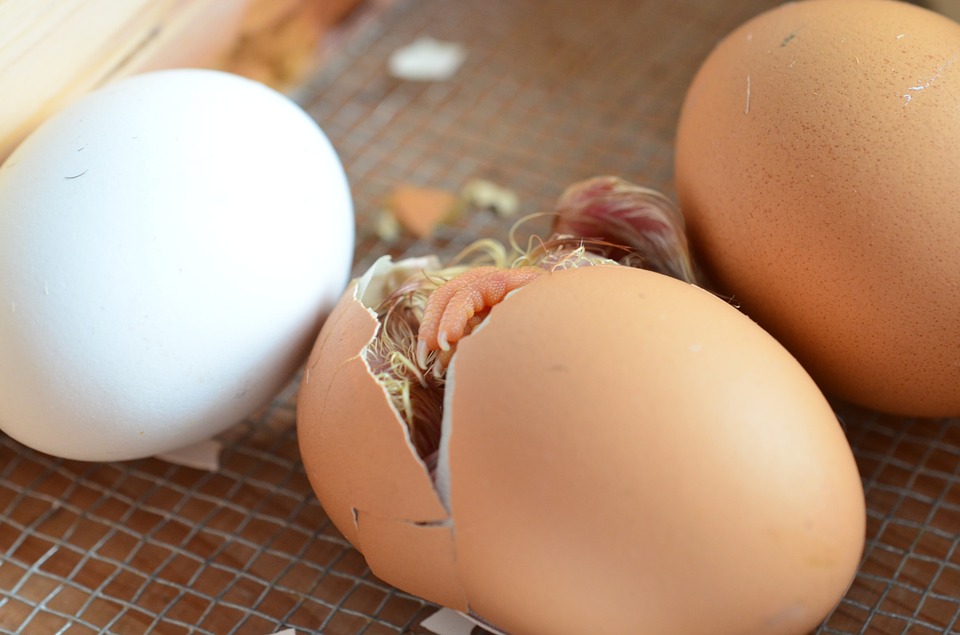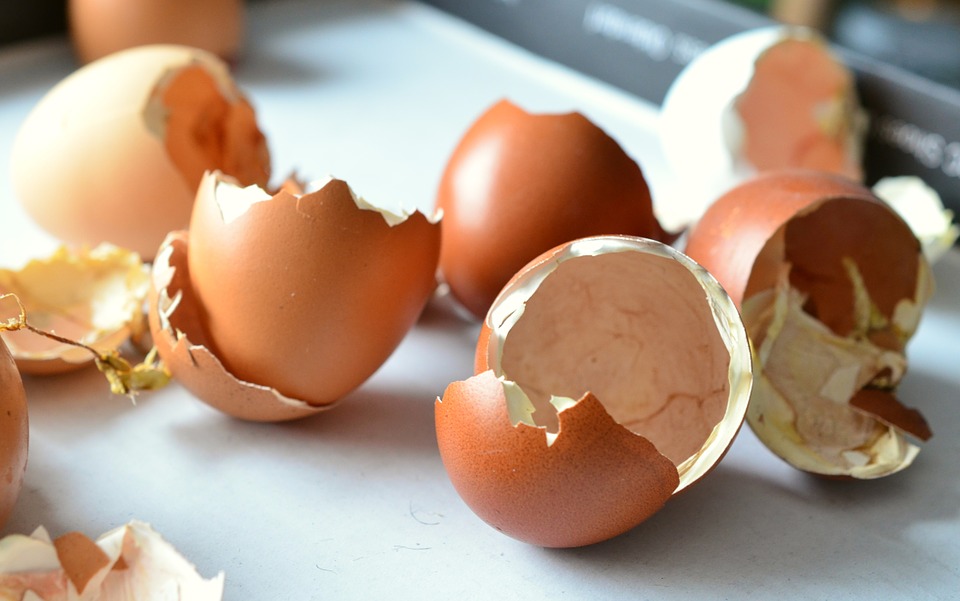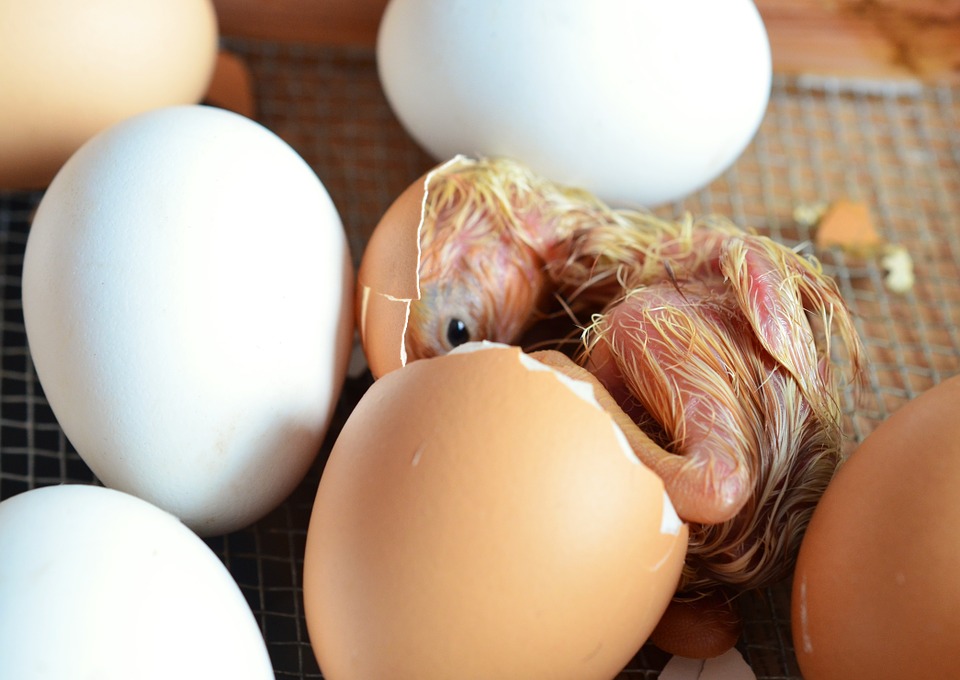The first step towards raising happy chicken is buying a good incubator. There are several types of incubators, which can be overwhelming for beginners.
You can make your own product at home. That is if you have the materials and the knowledge. But if you have none, just go ahead and buy one.
The Styrofoam models seem to have the best incubator reviews in terms of cost. These items will not only save you on budget but on time as well. With more than 4 dozens of eggs a time, you can hatch as many eggs as you want in one incubator.
Be careful though, because some of the cheapest items are also the most difficult to use. It is most likely for folks new to the hobby to run for such. They are fully manual and require a lot of time and effort to for success. For instance, you should be prepared to turn the eggs all the time, monitor the temperature and humidity, among other activities.
Therefore the first rule of for proper incubation it to buy the right incubator. Fully automated incubators are the best in this regard. Though the come with a high price, you will enjoy to see your chicks hatch at the end of 21 days.
In addition, here are 10 hatching “rules” to keep in mind.
Don’t set under 6 eggs
The number of eggs you put in an incubator is vital to the whole process. Remember that not all eggs will be hatched. At maximum, you will only get 80%. And if the eggs are shipped, it can come to 50%.
Use more than 6 eggs at all times. This of course depends on how many eggs you want to hatch. Another reason for hatching many is that the chicks you hatch may be males; you need a few females too.
Wait for 21 days
Do not be in a hurry to see the chicks “pip” already. You need patience to let nature take its cause. As you wait, you will have to monitor the temperature and humidity, making sure they are optimal. Older eggs and those that were allowed to cool may take a slightly longer time.
If you discover some eggs have not hatched after 21 days, give them a little more time. A few more days will make a difference.

The still-air temperature should be 101.5
The still air is measured at the top of the eggs and should be kept at optimal. At the same time, there is forced air which should always be at 99.5 degrees. The still air must measure hire because the air inside the incubator rests in layers when not moving. The cooler air goes to the bottom while warmer air stays up. You need to measure this correctly.
Turn the eggs until day 18
If you are using a manual incubator, you have work to do. Turn them until day 18 then allow the chicks to position themselves.
Wash your hands at all times
Harmful bacteria have a way of finding way through the porous egg shell. And one of those ways is through your hands. This is why you must always wash your hands when handling the eggs, especially when turning them manually.
Keep your hands free from oil. The must be well dried before you begin each session. Remember the safety of your chicks depends on the cleanness of your hands.
Turn the eggs at least three times a day
You are required to turn the eggs at a minimum of three times daily. The turning should be at regular intervals and odd number of times– 3, 5, 7 and so on. This will help prevent the embryo from resting on one side for more than two nights.
Put a mark – X and O – on either side of the eggs to help you remember the turning sequence. This is very important in ensuring proper turning.

Place the eggs in the turner with the large end up
You automatic turner may seem to be functioning abnormally, do not be alarmed. They move slowly but regularly through the day. Just make sure you have positioned the eggs properly, and you will notice a difference after a few hours.
Keep the humidity at 40 to 50 percent
The first 18 days are very critical. The humidity should remain between 40 and 50%. On the 18th day, raise it to about 70% to allow the shell to soften.
Avoid the temptation of helping the chicks out
Hatching is a natural process that will occur by itself. Once the chicks pip, they will find their way through the shell, give them time. They can bleed to death if you interrupt.
Open the incubator to the minimum
You don’t want the humidity to escape, especially when they are hatching. Therefore do not open the incubator wide. If you must open it, it should be as little as possible.
Read more: What To Feed Baby Chickens After Hatching? What Do Baby Chickens Eat?
